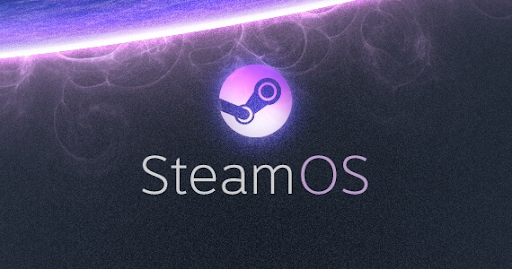Over the past four years, I’ve put four different operating systems through their paces. Not in a lab, but in real life—work, gaming, browsing, updates, breakages, frustrations, and rare surprises. I ranked them based on how useful they really were, along with their pros, cons, hidden upsides, and unexpected letdowns.
1. SteamOS (Valve’s Corp Gaming-Focused Linux)
Usefulness Rank: #1
Why it wins:
SteamOS has become a real contender. Valve managed to build a Linux-based gaming OS that doesn't feel like a science experiment. If your main use case is gaming, it's shockingly good—especially on something like a Steam Deck or even a repurposed PC.
Pros:
- Built-in Steam support and Proton for Windows games
- Lightweight, game-ready out of the box
- Clean Game Mode interface
- Excellent power management on supported hardware
- Updates are fairly stable
Cons:
- Not good for productivity
- Occasional game compatibility issues (anti-cheat, etc.)
- Not all applications supported
- Desktop mode is rough around the edges
Unexpected Benefit:
Gaming performance rivals Windows in many titles.
Unexpected Downfall:
Productivity tools feel like an afterthought. If you’re doing anything beyond gaming, you’ll feel the limitations fast.
2. AtlasOS (Debloated Windows Mod)
Usefulness Rank: #2
Why it sits here:
AtlasOS starts strong. It looks like a sleek, privacy-focused version of Windows, perfect for gaming or light use. But it has a serious issue: induced lag that creeps in over time, especially under real workload conditions.
Pros:
- Super clean and fast boot
- Lightweight and de-bloated
- Minimal telemetry
- Feels snappier at first
- Boost steam gameplay responsiveness in term of traffic and steam download up to 80%
Cons:
Serious lag starts showing after some use
System responsiveness tanks under multitasking
Limited stability for updates or long sessions
Driver support may break without warning
Unexpected Benefit:
Boots faster than stock Windows by a noticeable margin. Only eat 4GB RAM instead of 10GB by windows microsoft.
Unexpected Downfall:
The lag isn't just occasional. It builds up until even typing or opening apps feels painful.
3. Tiny11 (Stripped Down Windows 11)
Usefulness Rank: #3
Why it holds up:
Tiny11 is what Windows 11 should have been. It’s Windows without the nagging bloat, system drag, or useless apps. If you still need compatibility with Windows software but hate the direction Microsoft has taken, this is a good middle ground.
Pros:
- Faster than stock Windows 11
- Runs well on older systems
- Less telemetry
- Retains most core Windows features
Cons:
- Security components removed
- No official support
- Updates and drivers sometimes buggy
- Missing apps like Microsoft Store unless manually added
Unexpected Benefit:
Works great on low-spec laptops and virtual machines.
Unexpected Downfall:
Manual patching or securing is required. Not plug-and-play safe for novice users.
4. HarmoniOS (Minimalist Linux Distro)
Usefulness Rank: #4
Why it dropped:
This distro had potential for minimalists and privacy enthusiasts. But serious slow input response and system unresponsiveness ruin the experience. It’s not just lightweight—it’s stripped to the bone, and the result is instability even during basic tasks.
Pros:
- Tiny footprint
- Privacy-respecting by design
- Boots fast
- Good for theoretical minimal setups or experiments
Cons:
- System becomes unresponsive under even light use
- Slow input response—typing or clicking has noticeable lag
- Weak driver and app support
- Needs too much manual setup to even function normally
Unexpected Benefit:
It made me appreciate how much polish goes into more mainstream distros.
Unexpected Downfall:
Unusable in practical terms. Even typing felt delayed. It’s not just minimal—it’s broken.
Here’s how they stack up:
SteamOS – Great for gaming. Matured and stable.
Tiny11 – A solid daily driver for light use for older machines.
AtlasOS – Looks good but long-term use exposes serious lag.
HarmoniOS – Way too slow and unresponsive, even for minimalists.
These rankings may change with updates, but for now, this is the raw truth from someone who actually lived with each system—not just installed it once and wrote a review.
Tags
PC




